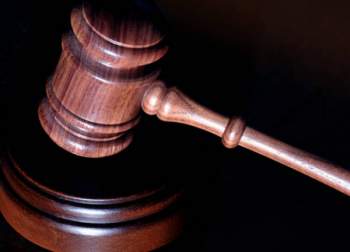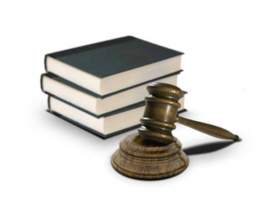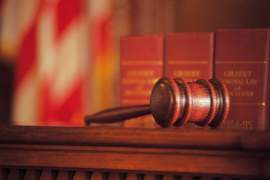
Griswold v. Connecticut

Griswold v. Connecticut: The Background
The case of Griswold v. Connecticut dealt with a Connecticut law that outlawed the use of any instrument, drug or pharmaceutical to serve as contraception for pregnancy. The case revolved around a woman named Estelle Griswold. This woman served as the director of the Planned Parenthood in the state of Connecticut.
Planned Parenthood is an institution that teaches women about safe sexual activities and promotes responsibility regarding sex. Planned Parenthood’s goal is to prevent unwanted pregnancies and the transmission of sexually transmitted diseases. In Griswold v. Connecticut, the state’s Planned Parenthood chapter was accused of violating the previously-mentioned state law: the Planned Parenthood was accused of advocating and distributing the use of prophylactics.
The case of Griswold v. Connecticut dealt with the due process clause. Due process is the government’s obligation to maintain, respect and uphold the legal rights of American citizens. The United States government is required to retain a person’s human rights and liberties. The United States government must treat citizens in a fair and respectful manner.
Griswold v. Connecticut: The Case Profile
Estelle Griswold was arrested for violating a Connecticut law which forbids individuals from using any drugs, instruments or pharmaceuticals as contraception for pregnancy. In response to her arrest, Griswold claimed that the state of Connecticut violated her 14th Amendment rights, including her right to privacy. Estelle Griswold, in Griswold v. Connecticut claimed that the state’s laws infringed on her personal freedoms that she is guaranteed as an American citizen.
Griswold v. Connecticut was decided on June 7th of 1965. The case of Griswold v. Connecticut was heard in the United States Supreme Court.
Griswold v. Connecticut: The Verdict
The United States Supreme Court overturned the Connecticut law which forbade the use of prophylactics as contraception. The United States Supreme Court ruled that the state law was in direct violation of the right to privacy within a private setting. In addition, the United States Supreme Court explained that the 9th Amendment to the United States Constitution serves as protection with regard to the Bill of Rights. Because of the state’s violation of civil liberties and the unlawful expansion of government power, the United States Supreme Court ruled in favor of Griswold.



















